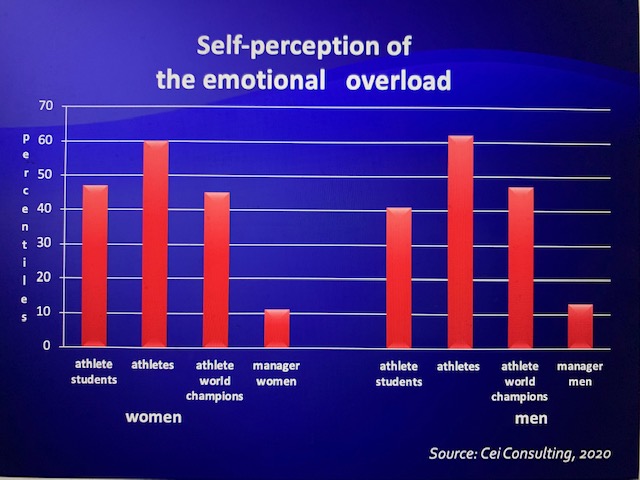Becoming a world-class athlete is extremely challenging for several reasons. Here are some of the main reasons:
- Fierce Competition - The world of sports is highly competitive, with thousands of talented athletes vying to reach the top in every discipline. Competition is fierce at all levels, from youth competitions to international events.
- Full-Time Commitment - To become a world-class athlete, it is often necessary to devote oneself to the sport full-time. This means training hard every day, following a strict diet, receiving adequate medical and mental support, and often sacrificing other career or leisure opportunities.
- Financial Resources - World-class athletes often require significant financial resources to cover training expenses, travel for competitions, and specialized equipment. Many athletes need to find sponsorships or funding to support their efforts.
- Talent - Genetics can play a significant role in determining an athlete’s potential. Some people are genetically predisposed to excel in certain sports, but even with natural talent, hard work and consistent training are required to reach the top.
- Mental Resilience - The pressure and stress associated with world-class competitions can be extremely demanding. Athletes must develop strong mental resilience to cope with pressure, defeats, and high expectations.
- Adequate Support - Successful athletes often need a strong support network, including experienced coaches, doctors, physiotherapists, and mentors. This support network is essential for addressing physical and mental challenges.
- Time Investment - Becoming a world-class athlete requires years of hard work and constant commitment. Often, athletes must start at a young age and dedicate most of their time to training and competitions.
- External Factors - Various external factors can influence an athlete’s career, such as injuries, national or international sports policies, and career management decisions.
- Career Duration - A world-class athlete’s career often has a limited duration. Most athletes reach their peak physical condition in a relatively short time frame, which can vary depending on the sport. After reaching the peak, aging and physical wear and tear can limit performance. Therefore, becoming a world-class athlete requires not only reaching that level but also maintaining that performance over time.
- Variables Beyond the Athlete’s Control - Athletes may face various variables beyond their control that can impact their careers, such as changes in game rules, suspensions for rule violations, sports policies, or arbitral decisions. These external factors can have a significant impact on the opportunities for success for a world-class athlete and make the journey even more challenging.
In summary, becoming a world-class athlete requires a combination of talent, hard work, resources, support, and some degree of luck. It is a difficult and competitive path, but for those who manage to reach this level, the rewards can be extraordinary in terms of personal success and global recognition.






